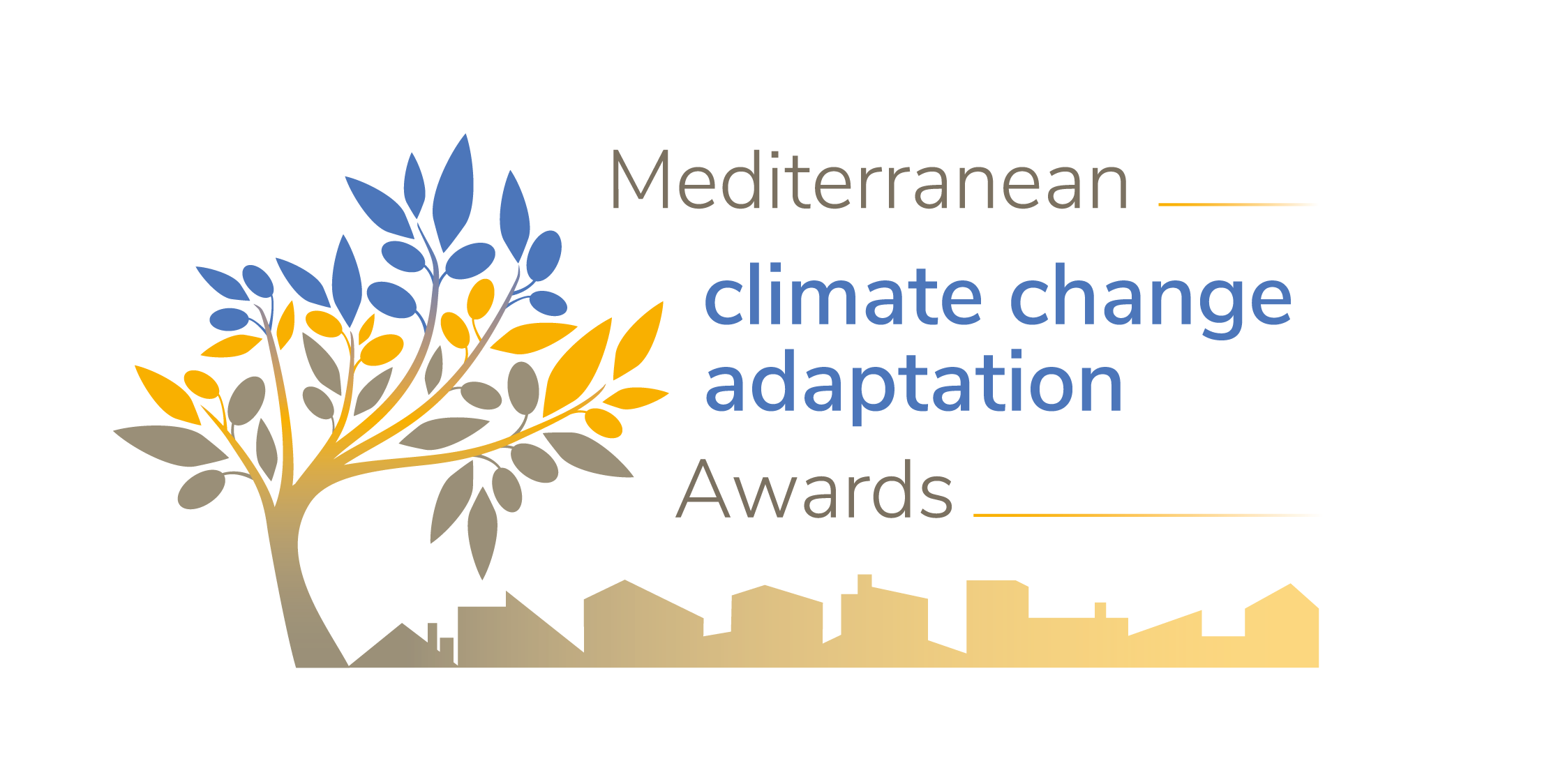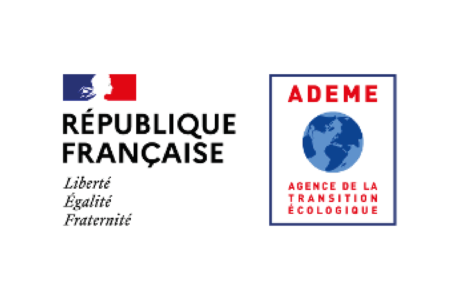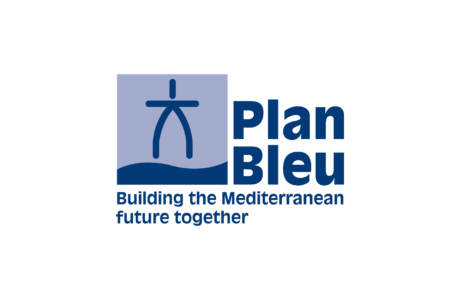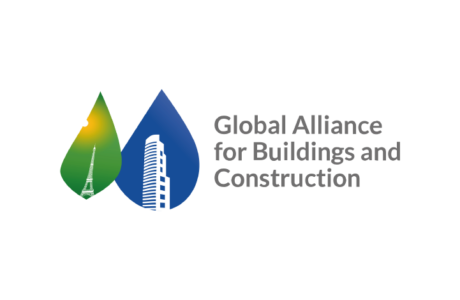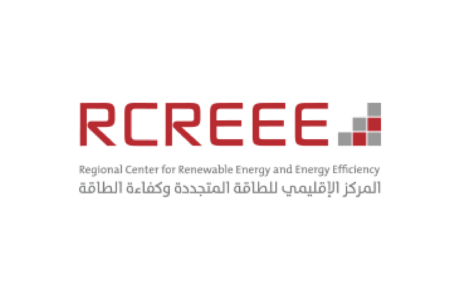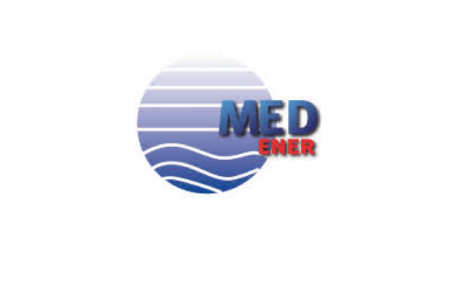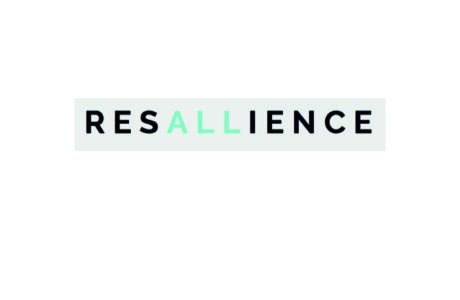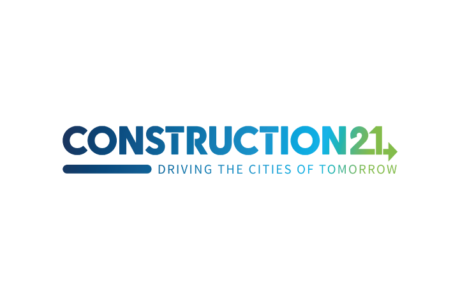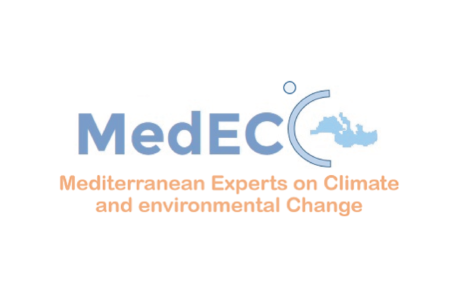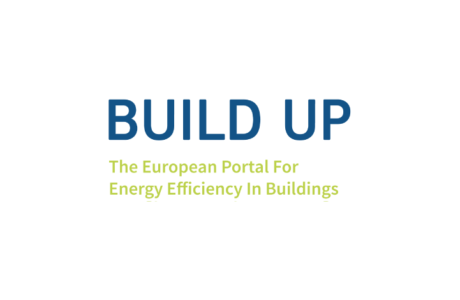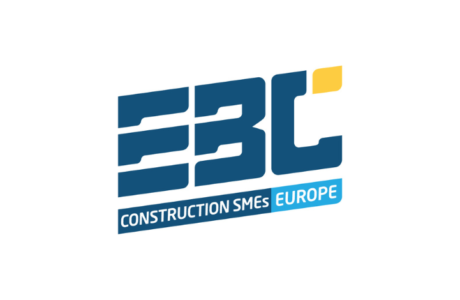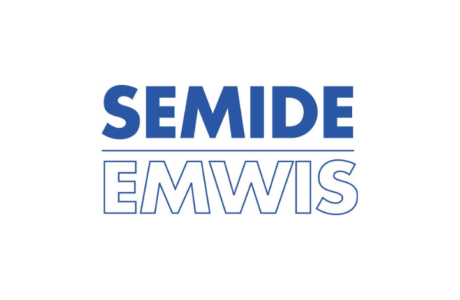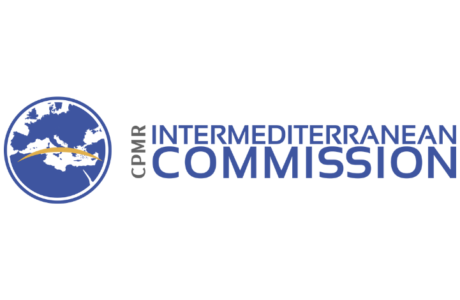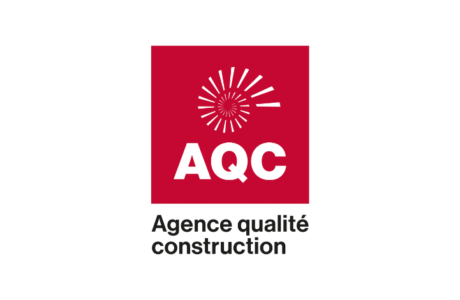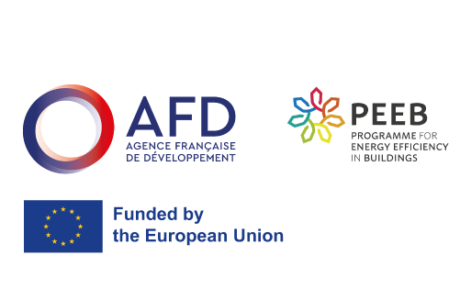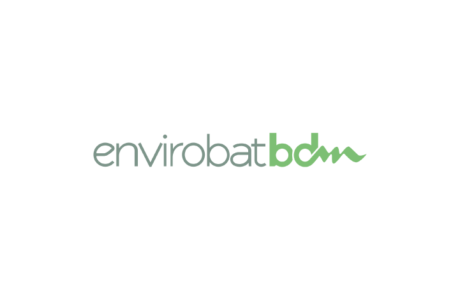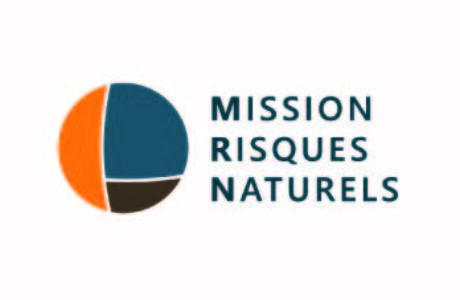Partners
The “Mediterranean Climate Change Adaptation Awards” is organised by the French Agency for ecological transition (ADEME), with the support of its Mediterranean and international partners.
Partners
Ademe
ADEME (French Agency for ecological transition) is active in the implementation of public policy in the areas of the environment, energy and sustainable development. ADEME provides expertise and advisory services to businesses, local authorities and communities, government bodies and the public at large, to enable them to establish and consolidate their environmental action. As part of this work the agency helps finance projects, from research to implementation, in its areas of action.
GlobalABC
Founded at COP21, hosted by the United Nations Environment Programme and with 271 members, including 38 countries, the Global Alliance for Buildings and Construction (GlobalABC) is the leading global platform for all buildings stakeholders committed to a common vision: A zero-emission, efficient and resilient buildings and construction sector. The GlobalABC aims to:
- Be a global advocate and a catalyst to action: GlobalABC advocates for market transformation and focuses on catalysing action by defining a carbon neutrality strategy for the built environment.
- Be a trusted platform to set targets and track progress: GlobalABC tracks progress in its annual Global Status Report for Buildings and Construction (Buildings-GSR), and its Building Climate Tracker, a new index to track progress in decarbonization in the sector.
- Support countries in setting priorities and measures based on their situation: GlobalABC develops policy guidance and global and regional buildings and construction roadmaps outlining aspirational targets, timelines, and key actions for essential policies and technologies, and, offering a model for national and city-level buildings and construction roadmaps to support and raise the ambition of NDCs.
meetMED
The Mitigation Enabling Energy Transition in the Mediterranean region (meetMED) project is an EU-funded project, developed by the Mediterranean Association of the National Agencies for Energy Management (MEDENER) and the Regional Centre for Renewable Energy and Energy Efficiency (RCREEE).
MeetMED II activities aim at strengthening the implementation of Energy Efficiency measures and improving countries’ energy mix focusing on building and appliances’ sectors through a multiscale, multi-partner and inclusive approach at local and regional levels, thereby fostering regional cooperation.
RCREEE
The Regional Center for Renewable Energy and Energy Efficiency (RCREEE) is an intergovernmental organization with diplomatic status that aims to enable and increase the adoption of renewable energy and energy efficiency practices across pan-Arab countries. RCREEE is the official technical arm institution of both League of Arab State – Energy Department and Arab Ministerial Council for Electricity (AMCE).
RESALLIENCE
RESALLIENCE is a consultancy and engineering company dedicated to the adaptation of territories, cities, infrastructures, projects, and their uses to climate change. Expert in climate resilience, RESALLIENCE supports public, private, institutional, and academic actors in more than 80 countries. RESALLIENCE is a member of the Global ABC (Alliance for Buildings and Constructions) under the UNEP (United Nations Environment Program) and is on the steering committee of the UNDRR ARISE. RESALLIENCE plays a key role in operationalizing climate resilience as co-editor of the HQE alliance’s resilient building standard, the CEN/AFNOR Resilience cities normative framework, and the GABC’s “10 essential principles of adaptation”.
Construction21
Construction21 is the information and networking place for professionals in the sustainable construction sector. A real dissemination tool, it shares to as many people as possible the news and best practices of sustainable development between the actors of the city and the construction industry. In particular, thematic dossiers developed with members of its community on key issues such as reuse, mobility, adaptation to climate change, training, prefab construction, etc. are offered, as well as case studies of buildings, districts, and exemplary infrastructures.
Since 2013, the association has been organising the Green Solutions Awards competition in order to inspire all professionals in the sector. The winners of this national and international sustainable solutions award are announced at the COP. Construction21 is also active in the organisation of other thematic competitions (circular economy, resilience, BIM, renovation of condominiums, etc.).
It is also an international network with several portals in Europe, China and the Maghreb, as well as an information platform in English.
MedECC
The Mediterranean Experts on Climate and environmental Change (MedECC) are an independent network of scientists, founded in 2015. MedECC assesses the best available scientific knowledge on climate and environmental change and associated risks in the Mediterranean Basin in order to render it accessible to policymakers, stakeholders and citizens. The 1st Mediterranean Assessment Report (MAR1) on the current state and expected risks of climate and environmental change in the Mediterranean Basin has been published in November 2020.
BUILD UP
The BUILD UP portal is the largest portal and principal reference point for energy efficiency related to the building and construction sector in Europe. It aims at exchanging information and bringing together the interests of practitioners and professional associations working in the sector. It is a portal to foster knowledge about the sector, share case studies and highlight working practices, as well as to transfer tools and resources within the whole BUILD UP Community. The portal also features the latest events, news, and developments at both technical and practical levels, policy legislation, financial issues and aspects, and much more.
European Builders Confederation EBC
Established in 1990, the European Builders Confederation (EBC) is the European organisation representing national associations of construction micro, small and medium-sized enterprises and crafts, with a secretariat in Brussels. EBC is part of the employers’ delegation in the European sectoral social dialogue for construction. EBC is a member of SMEunited, the European association of SMEs, and founding partner of Small Business Standards (SBS), the European association representing SMEs in standardisation.
EMWIS
The Euro-Mediterranean Information System on Know-How in the Water Sector (EMWIS) was created following the Euro-Mediterranean Ministerial Conference on Local Water Management of Marseille (November 1996), with the objective of improving regional cooperation, in particular by making available, in all the partner countries, informations on integrated water resources management.
Today, EMWIS has become the main tool for the exchange of information and knowledge in the field of water in the Mediterranean region.
With its Steering Committee, composed of the Water Directorates of 13 countries and its Technical Unit based in Sophia-Antipolis, EMWIS is a key actor of the main Mediterranean water initiatives.
Since 2014, within the framework of the Mediterranean Water Knowledge Platform, accredited by the UfM (Union for the Mediterranean), EMWIS has been supporting the development of National Water Information Systems, shared between the main institutions of each country, in order to improve the planning and adaptation processes to climate change.
The Conference of Peripheral Maritime Regions (CPMR) Intermediterranean Commission (IMC)
The Conference of Peripheral Maritime Regions (CPMR) Intermediterranean Commission (IMC) was created in Andalusia in 1990 to express the shared interests of Mediterranean Regions in important European negotiations, the CPMR Intermediterranean Commission encompasses the issues raised in all the Regions bordering the Mediterranean Sea. The CPMR Intermediterranean Commission gathers around 40 Member Regions from 9 different EU members states and other countries (Albania, Cyprus, France, Greece, Italy, Malta, Morocco, Spain and Tunisia). It is open to all the different sub-national levels in all Mediterranean countries. The gathering of the Intermediterranean Commission Members Regions represents a bond of peace, stability and development between three continents, Europe, Africa and Asia. The Intermediterranean Commission work focuses on the development of the Euro-Mediterranean dialogue and territorial cooperation, concentrating its efforts on Transport and Integrated Maritime Policy, Economic and Social Cohesion, Water and Energy. Today, it is calling for a macro-regional strategy for the Mediterranean and fostering the emergence of Mediterranean citizenship – also on migration policies – mobilising partners from the southern rims of the basin too.
Agence Quality Construction
Agence Quality Construction (AQC) is a non-profit organisation that is recognized of public interest. Its history is rooted in the system put in place by the Act passed on 4 January 1978, known as the “Spinetta Law”, concerning liability and insurance in the field of construction.
Within the framework of this system, construction claim adjusters work on cases of buildings that have been subjected to claims. The technical diagnostics drawn up on this occasion are forwarded to AQC, which centralises them.
Throughout the years, AQC has constituted a major national database of claims concerning buildings, until it has become an original aid for directing the improvement of construction quality, which is virtually unique in the world.
Created in 1982 and originally funded by the State, AQC has been funded by the professionals of the construction industry since 2005.
AQC is a place for work, discussion and exchanges, with three specialist Commissions: the Commission Observation / Observation Commission, the C2P (Commission Prévention Produits mis en oeuvre / Applied Products Prevention Commission) and the CPC (Commission Prévention Construction / Construction Prevention Commission).
PEEB Med
« PEEB Med is an initiative under the umbrella of the Programme for Energy Efficiency in Buildings (PEEB) that will support seven countries in the Mediterranean region through technical assistance and finance.
Energy-efficient and climate-resilient buildings are more important than ever to prevent or alleviate ongoing energy, economic and climate crises. Promoting green buildings at scale can strengthen local economies, create jobs, provide resilient shelter, improve energy security and lower living costs for households.
In December 2021, the Directorate-General for Neighbourhood and Enlargement Negotiations (DG NEAR) of the European Commission has approved 30 million EUR funding, granted to AFD, to scale-up the Programme for Energy Efficiency in Buildings PEEB’s investment facility in the Mediterranean region. As a result, PEEB Med was launched at COP27 and will start implementation in 2023.
EnvirobatBDM
EnvirobatBDM is a local organization which gathers stakeholders involved in sustainable urban planning, construction and renovating within the French Mediterranean climate : local authorities, private or public owners, project managers (engineers, architects…), companies, building industry trade associations.
Our main goal is to promote generalization of sustainable buildings in the Mediterranean area. We support the development of sustainable buildings through :
– Resources center on sustainable buildings (website, book, exhibition…)
– Organization of workshops, debates, conferences and trainings
– BDM assessment approach to support decision makers and professionals
Mission Risques Naturels
Mission Risques Naturels (MRN), association of general interest, created in 2000 at the initiative of French insurers to improve knowledge, prevention, and adaptation to climate risks. Whitin its mission, the MRN provides technical, scientific, educational, and documentary contributions. It analyzes the loss resulting from the effects of natural hazards, develops innovative services and tools to improve knowledge and reduce the vulnerability of stakes exposed to natural hazards, publishes guides and documents, carries out different communication actions, shares experience through training in order to raise climate risk awareness and to encourage effective prevention.
Become an Award’s Partner
Do you want to become an Award’s partner or associate? Contact us!
